One Last Bluebill
The boy was older now, so much older than his daddy who died at the age of twenty-five, a year after enlisting in the army to fight in “The Great War”. His father was killed by a German machine gunner in a land that he saw only when it was being blown apart by war. The son of the soldier, now seventy-five, was reflecting on his life and upon the man, he never truly knew. His daddy had been a market gunner for wildfowl in coastal North Carolina, but times and attitudes towards game were changing, and to make money for the family, he enlisted and went off to war. When the boy was a mere four years old, his daddy was sent to France to fight in “the war to end all wars”. It was a country his daddy, having little formal education, could have pointed to on a map but knew very little about or the real reason for the war. His father died in that no man’s land between two trenches in a mixture of mud, blood, and the rotting corpses of other young men who also left families back home and sons and daughters who might grow up never knowing their daddies.
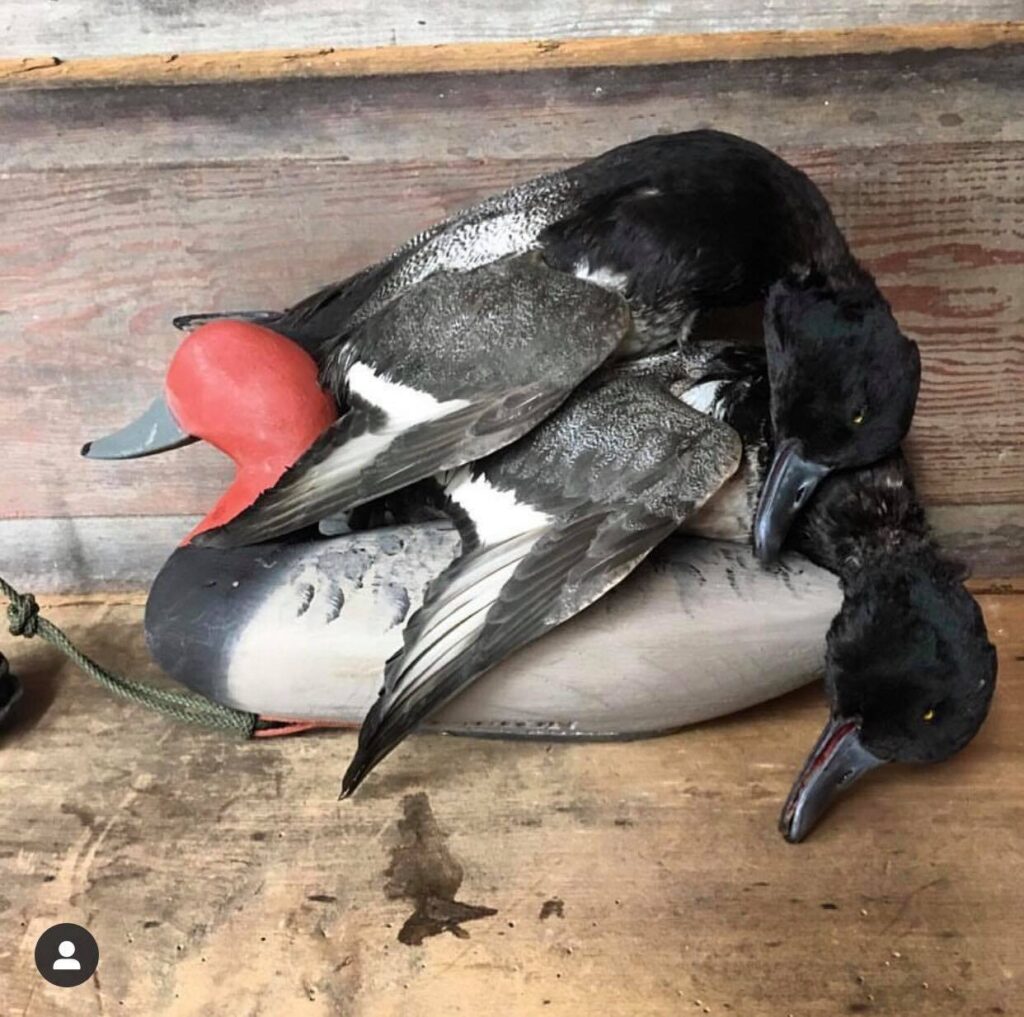
The boy would have grown up having little connection to his daddy had it not been for the decoys. He had very faded memories of his father carving the birds in the white shed behind their house, and sometimes he wondered if
The decoys were there as the boy grew older and needed to know the things that a father would teach his son. In order to feel close to his daddy, he would go behind the house into the white shed workshop with the peeling paint where the ducks and geese that were the tools of his daddies trade were carved. The boy would sit on the stool that his daddy sat on for so many hours. He would sit among the unfinished birds, old paintbrushes, rusting oyster cans filled with dried paint, and the piles of wood that would have been new decoys if the young soldier had come home. He would pull a dusty decoy from the pile, turning it over and over in his hands until he learned the shape of the bird and felt the holes made from stray shot. The boy would talk to his father and imagine what kind of man he was. He would picture him in the shop carving a bird or touching up the paint on a few finished birds in preparation for the upcoming season, and he would get the advice that he desperately needed to navigate life.
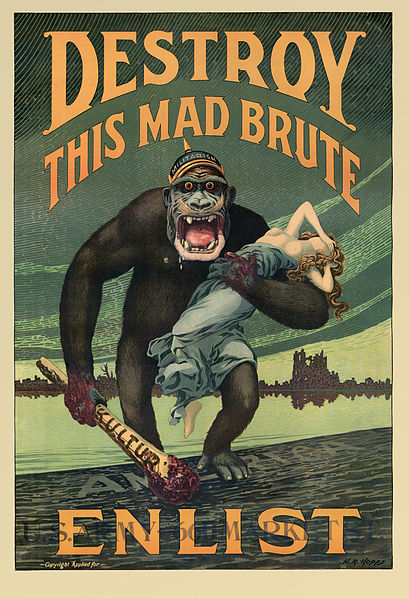
His daddy’s brother had also fought in the war, but made it home with a limp and carrying more than just physical scars of war. His uncle refused to speak of what he experienced in those muddy trenches in France, but he showed the boy how to rig the decoys and took him
The years passed and the boy grew into a man and built a life on the water becoming a guide for the hunters that came from across the country to the waterfowl-rich areas of eastern North Carolina. He married the pretty daughter of another waterman and raised a family that included three children and eventually six grandchildren. Now, as he sat in the duck blind this cold morning, it was again his daddy’s decoys that rode the waves in the predawn blackness. He had long ago retired his father’s birds, some to the mantle in his home and the others to the workshop where he now carved his own birds, but today he felt an unrelenting need to put them in the water just once more.
It had been two weeks since he got the news that would change his life forever and once again make him rig a few of his daddy’s old decoys. He tossed them out into the water, and while waiting for shooting time, he reflected on his life. It will end as it began, with the decoys that his daddy carved so many years ago, the decoys that had been a source of comfort to him as a boy and a sense of pride as a man. Now the decoys would again be there like old friends, and as he prayed for one last bluebill, he watched the rising sun illuminate the painted blocks as a group of ducks cupped their wings.
This work of fiction is dedicated to all those on both sides of fighting in the “Great War” who


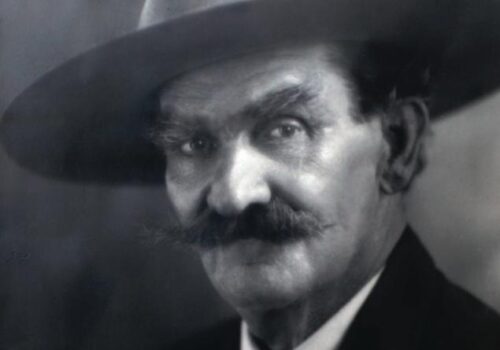
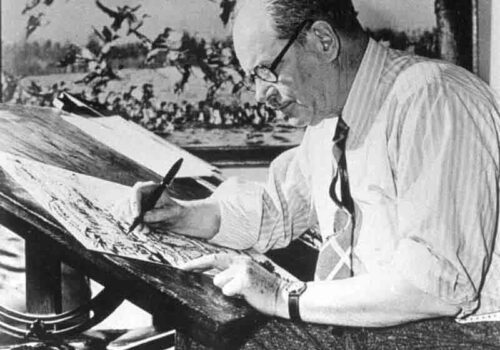
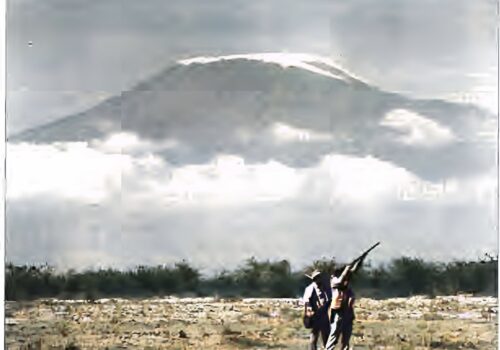
One Comment
Brad
Stunningly beautiful. A great and stirring read but an even better tribute to the heroes lost in France and those that lost their battle some years later. I look forward to your next work of fiction.